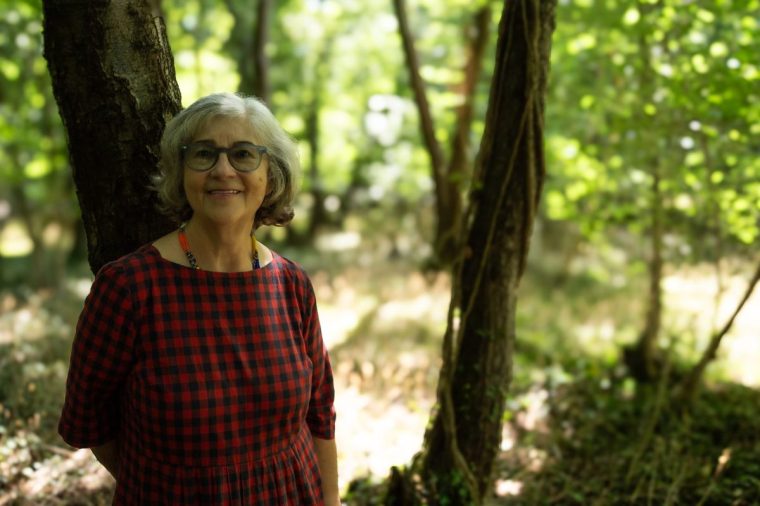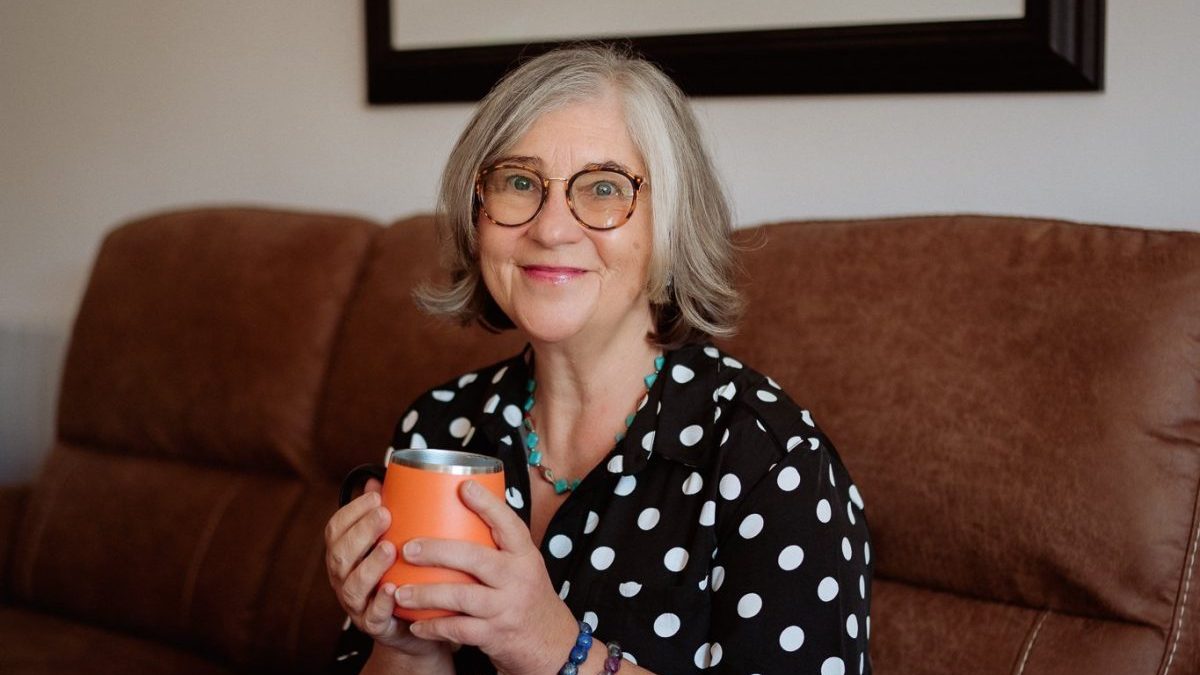I have friends selling their homes and cars to stay afloat. It’s tempting to attack an entire cohort, but inequality has deepened across all generations
A few weeks ago, an old friend told me she might have to sell her house. She’s 69, still working part-time despite poor health, and unsure what comes next. “I just feel tired,” she said quietly. She and her husband live with constant anxiety about money – the gentle winding-down they imagined has been replaced by fatigue and fear.
That same week, another woman I know who’s the same age sent photos from a river cruise in Portugal: sun, wine, laughter. It struck me that growing older in the UK has become a tale of two increasingly different lives.
We were all born within a year of each other. All three of us worked hard, raised families, and tried to do the right things. Yet here we are: one losing her home, one enjoying retirement, and me somewhere in between, still working but able to choose how much.
New FeatureIn ShortQuick Stories. Same trusted journalism.
The baby boomer myth
Politicians and commentators like to talk about “the boomers” as a single, fortunate generation, cushioned by final-salary pensions, free education, and rising house prices. But within that story lies a widening fault line. Some are indeed comfortable; but an increasing number are facing real hardship.
The Joseph Rowntree Foundation reports 1.9 million pensioners now live in poverty. Housing is the clearest fault line: 11.5 per cent of over-sixty-fives rent, a share set to triple within fifteen years. Homeowners have seen wealth rise sharply, while those without property struggle with high costs and unstable tenancies.
Anxieties have been intensified by rumoured increases to income tax and proposals for additional levies on homes above certain thresholds. These policies are often framed as targeting “wealthy boomers”, but some in this group are asset-rich and income-poor; others have felt they had no choice but to pass all their money down to their children to help them afford a home of their own or a family. For those without financial flexibility, especially single women or those with health issues, even small increases can tip the balance.
The same is true of pensions. Public sector and corporate workers often enjoy defined-benefit schemes, but many, particularly women and freelancers, face gaps in contributions and modest savings.
The idea of a universally wealthy, carefree generation is a myth. The gap within this cohort is arguably just as great as the gap between generations.
Quiet shame
This image of the “wealthy boomer” creates both resentment from younger generations and shame among older person who are struggling. Many hide their worries, no longer considering holidays or new clothes. Some turn to food banks, embarrassed to admit it.
What strikes me most is the exhaustion; the quiet effort of keeping everything together. Many are still supporting adult children while caring for parents in their nineties. The so-called “sandwich generation” now stretches far beyond midlife.
I’m one of the fortunate ones. I was lucky to have a final-salary pension, though only for the 20 years I spent as an employee. If I’d stayed longer, it would now be twice as much. That pension, combined with the state pension, gives me enough for a modest but comfortable life, as long as I don’t start chasing expensive holidays or constant upgrades.
At 68, I still work because I like the rhythm of it, the sense of purpose, and the security of adding to my pension savings. Over the years I’ve been cautious; saving for what I need rather than living up to my income. Two divorces have cost me financially, although I am lucky to own a flat where I plan to age in peace. I’m not rich, but I have enough. Timing and restraint have played as much a part as effort.
 “I’m not rich, but I have enough,” says Denise (Photo: Ilona Gierach Photography)
“I’m not rich, but I have enough,” says Denise (Photo: Ilona Gierach Photography)
One client of mine who’s 70, has a similar experience of retirement. “I retired at 55, but found myself self-employed again. I’m asset-rich and cash-poor,” he says. “My health is good, but staying relevant and fulfilled takes effort.”
Age discrimination in the workplace often comes up amongst friends who can’t afford to retire yet. Once redundancy strikes, re-entry can be brutal. A friend in her early sixties described her last interview. She said she could tell, as soon as she walked into the room, that her experience wasn’t what they saw first. They saw her age.
Despite over-65s owning property worth £2.587 trillion (and with a significant proportion being mortgage-free) I am seeing a widening gap between those who are asset rich with a comfortable pension, and those who are not.
Another acquaintance, a few months away from qualifying for her state pension, faces a different struggle. Forced to leave work due to health issues, she’s living off savings while caring for her terminally ill husband. They’ve sold their car to pay for her knee operation privately after no NHS date appeared. “We thought retirement would be the reward,” she told me, “but it’s not turning out that way.”
These are women who worked hard all their lives, yet in later life they find themselves on precarious ground, and they’re far from alone.
Stories like theirs show how uneven ageing has become. We were told the baby bomers were the lucky ones; the first generation to expect longer lives and comfortable retirements. But that promise was never evenly shared. Secure employment disappeared for many, pension provision diverged sharply, and where we happened to live made a profound difference.
Someone who bought a modest home in the South East in the 1980s may now have significant housing equity; someone who made similar choices in parts of the North or Midlands may not. The gap isn’t about effort or character, it’s geography, timing and circumstance.
The easy story is to pit generations against each other: young versus old, homeowners versus renters, workers versus retirees. But that framing misses the real issue: inequality has deepened within all generations.
It’s tempting to defend or attack an entire cohort, but what we need instead is empathy. Ageing well isn’t only about securing retirement. It’s about the society we build; one that values care, fairness, and dignity at every age.
www.denisetaylor.co.uk

